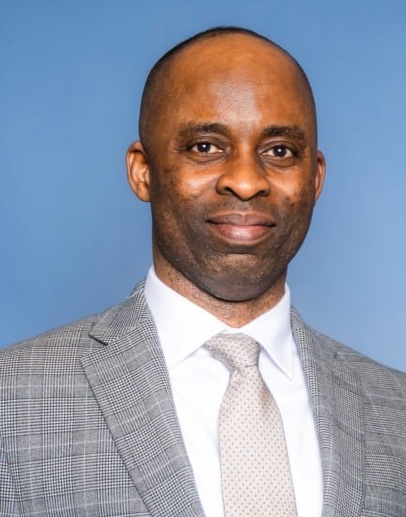“Courage is what it takes to stand up and speak; courage is also what it takes to sit down and LISTEN.” – Winston Churchill.
Tom`s Mom has three children. The first child`s name is Kelvin, and the second child is David. What is the third`s child’s name? Be honest with yourself and let me know in the comments section how long it took you to figure out the answer.
Writer Charles Swindoll once found himself with too many commitments in too few days. He got nervous and tense about it. “I was snapping at my wife and our children…and feeling irritated at those unexpected interruptions through the day,” he recalled in his book Stress Fractures. “Before long, things around our home started reflecting the pattern of my hurry-up style.”
“I distinctly remember after supper one evening, the words of our younger daughter, Colleen. She wanted to tell me something important that had happened to her at school that day. She began hurriedly, ‘Daddy, I wanna tell you somethin’ and I’ll tell you really fast.’
“Suddenly realizing her frustration, I answered, ‘Honey, you can tell me—and you don’t have to tell me really fast. Say it slowly.” “I’ll never forget her answer: ‘Then listen slowly.’”
Listening to people is one skill that will distinguish you among your peers and make you a POSITIVE INFLUENCER because listening to people is a vital key to building your relationship with them. Dr. Louise J. Isham once stated that “Listening is an attitude of the heart, a genuine desire to be with another which both attracts and heals.”
Listening to people is highly therapeutic with a remarkably high therapeutic index and people`s lives are changed positively when they feel heard. Simon Sinek said, “Hearing is listening to what is been said but listening is hearing what isn`t been said.”
Listening is a step further than hearing, where after the brain receives the nerve impulses and deciphers it, it then sends feedback. The ability to accurately receive as well as interpret messages during a process of communication is known as listening. Listening skills hold the key to effective communication.
Other significant values of listening are: It shows respect, builds relationships, increases knowledge, generates ideas, builds loyalty, and listening is a wonderful way to help others and yourself.
If listening is so valuable a skill, what then are the common barriers to listening? My mentor, Dr. John Maxwell offered some suggestions like, Overvaluing Talking, Lacking Focus, Experiencing Mental Fatigue, Stereotyping, Carrying Personal Emotional Baggage, and Being Preoccupied with Self.
To develop listening skills therefore, you must consider putting into practice this advice from Dr. John Maxwell: Look at the Speaker, Don`t Interrupt, Focus on Understanding, Determine the need at the moment, Check Your Emotions, Suspend Your Judgment, Sum Up at Major Intervals, Ask Questions for Clarity, and Always Make Listening Your Priority.


